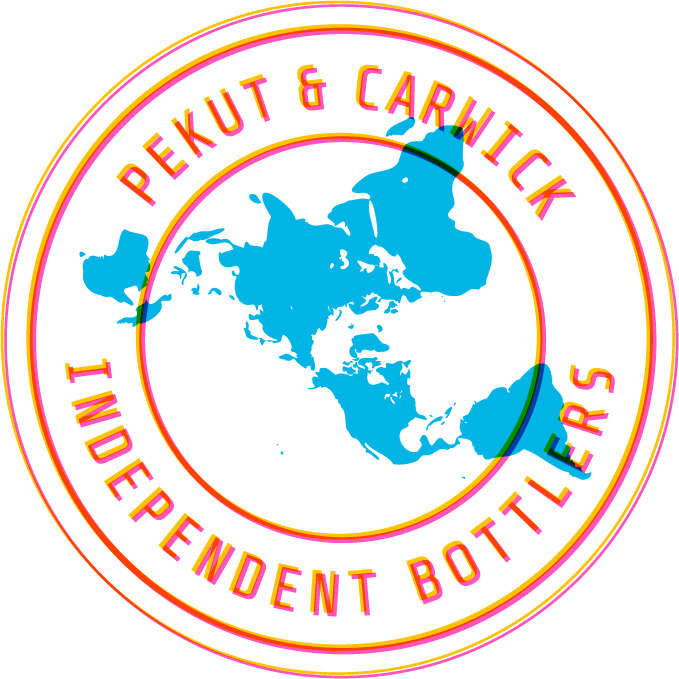We want US rum

If you’ve been reading along with us here, you know we love rum. We think it’s underappreciated and underrepresented and it's ready for the spotlight. But the spotlight, as always, looks a little different for us than it does for the broader world of rum marketing.
We want to flip the script on rum by promoting its awesomeness AND its very troubled past (and present). We're far too small to make any seismic shifts in the rum industry right now, but we're also not just talking (and dreaming) about equitable rum.
A little more conversation, a lot more action, please
Verifying the source of our raw materials is one tangible way to know we're not being jerks as a small cog in the Rube Goldberg international economic machine. When we ask pesky questions about where a distiller gets their raw materials, companies up the supply stream paying a fair wage and not destroying natural resources are more likely to benefit by our dollars.
Verification isn't always easy, though. The global south is still struggling with the economic aftermath of the colonial period (example: Haitian debt to France). Stripped resources, stolen revenue, undervalued labor, and pressure to produce cheaply versus sustainably are just a few of the issues that need a long, hard look in rum. But if you're a brand owner, distributor, or importer making a pile of money on rum from the global south, there's no real incentive to help some upstart indie bottler get up on a soapbox about how the sausage is made.
We're psyched to import rum from the Caribbean, but until we can get some clarity on sourcing, we're checking out rum from U.S. producers. While we've got our own issues with equity in the spirits industry, we can at least count on U.S. labor laws and environmental protections to set a baseline defense for the humans and environments we source from. At the very least, we can say two things with certainty: (1) we're not supporting the Central Romana Corp's "outrageous and abusive" labor practices on Dominican sugar plantations, and (2) we're not shipping along transatlantic bulk routes.
Who makes rum in the US?
For one, there's Cheramie Rum, a craft rum distillery in New Orleans. They are able to skim a little Louisiana cane juice for their rum production every season (the rest of the juice goes to a refinery). Because there aren’t many states that can grow cane sugar, and because cane juice ferments and spoils very quickly, they have an intense 15-week harvest season and limited releases. We can’t wait to try their product.
Richland Rum in Georgia is an established distillery that grows cane on site. Even St George Spirits got into the rum game for a minute, but transporting and crushing California-grown cane proved too labor intensive, and their cane juice rum was short-lived (which is a shame, because it was good).
We’ll keep you posted as we home in on an ethics-driven U.S. rum producer for us to partner with, and we will continue to explore the past, present, and future of rum. Why? Because rum is delicious, and because exploiting workers, environments, and whole economies in the name of turning a profit is idiocy on the grandest scale.

